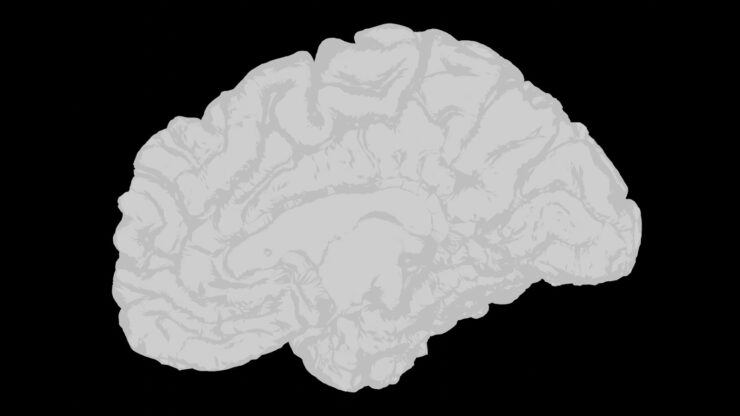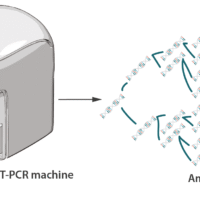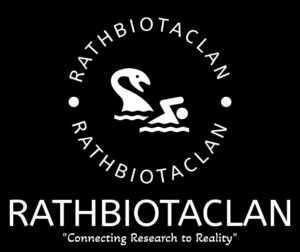Cognitive function and motivation form the basis of our daily activities, from decision-making and problem-solving to exercise and overall well-being. Recent research has revealed that deficiencies in B vitamins and DHA can strongly impact mental performance and motivation. Understanding how these nutrients influence the brain can offer practical ways to boost both mental and physical health.
Does DHA help with cognitive function? This question has gained attention as more research links DHA, a crucial omega-3 fatty acid, to brain health. Found in high concentrations in the brain, DHA plays a vital role in maintaining neuron structure and function. Clinical studies increasingly support the idea that DHA supplementation may enhance memory, learning ability, and overall cognitive performance. So, does DHA help with cognitive function? Evidence strongly suggests it does—especially in aging adults or individuals with low dietary intake of omega-3s.
B Vitamins and Their Role in Cognitive Functions
Importance of B Vitamins for Brain Health
B vitamins are a group of water-soluble nutrients essential for cellular metabolism and cognitive function. Among them, Vitamin B12 is particularly vital. It supports red blood cell formation, DNA synthesis, and nervous system maintenance.
Consequences of Vitamin B12 Deficiency
Deficiency in Vitamin B12 can lead to:
- Memory loss
- Confusion
- Reduced mental performance
- Fatigue, weakness, and shortness of breath
- Numbness or tingling in limbs
- Balance problems and depression
Older adults, vegetarians, and individuals with absorption issues are especially at risk.
Personal Insight: Effects of B12 Supplementation
From a personal standpoint, supplementing B12 led to a notable improvement in cognitive clarity and motivation—especially for physical activities like running. Prior to supplementation, even routine tasks felt mentally taxing and uninspiring.
DHA and Its Impact on Cognitive Health
What is DHA?
DHA (Docosahexaenoic acid) is an omega-3 fatty acid found primarily in fish oil. It is a major structural component of the brain and is essential for:
- Brain cell membrane integrity
- Neurogenesis (neuron creation)
- Synaptic plasticity, learning, and memory
Effects of Low DHA Levels
A deficiency in DHA has been linked to:
- Cognitive decline
- Mood disorders
- Memory impairment
- Lack of concentration and mental sharpness
Benefits of DHA Supplementation
Clinical studies show that DHA supplementation may improve:
- Attention span
- Memory
- Executive functioning
DHA is typically obtained through fatty fish (salmon, mackerel, sardines) or high-quality fish/algae oil supplements.
The Interplay Between B Vitamins, DHA, and Brain Health
Complementary Roles in Brain Function
While B vitamins aid in neurotransmitter synthesis and energy metabolism, DHA maintains the structural health of neurons. A deficiency in either can:
- Impair memory and focus
- Reduce motivation
- Affect emotional regulation
Addressing Deficiencies for Cognitive Support
Correcting low B vitamin or DHA levels can lead to marked improvements in mental clarity and motivation. However, supplementation should always be guided by professional advice to avoid toxicity or interactions.
Practical Steps for Optimizing Cognitive Health
Dietary Assessment
Ensure your diet includes:
- B Vitamins: whole grains, legumes, dairy, eggs, and lean meats
- DHA: oily fish or algae-based supplements for vegetarians
Regular Testing
Periodic blood tests can help identify deficiencies, especially in at-risk groups.
Supplementation
If needed, consider:
- B12 supplements (oral or injectable)
- DHA supplements (fish oil or algae oil)
Always consult a healthcare provider before beginning supplements.
Lifestyle Adjustments
Support brain health through:
- Regular physical exercise
- Quality sleep
- Stress management
Seek Professional Guidance
A healthcare provider or dietitian can help create a personalized plan for nutritional and cognitive well-being.
Conclusion
Deficiencies in B vitamins and DHA can significantly affect cognitive function and motivation. Addressing these gaps—through diet, lifestyle, and professional guidance—can lead to meaningful improvements in mental clarity, motivation, and overall quality of life. Being proactive about brain nutrition is a powerful step toward lifelong cognitive health.
Engage with Us:
Stay tuned for more captivating insights and News. Visit our Blogs , Science paper , Study Portal and Follow Us on social media to never miss an update. Together, let’s unravel the mysteries of the natural world.















